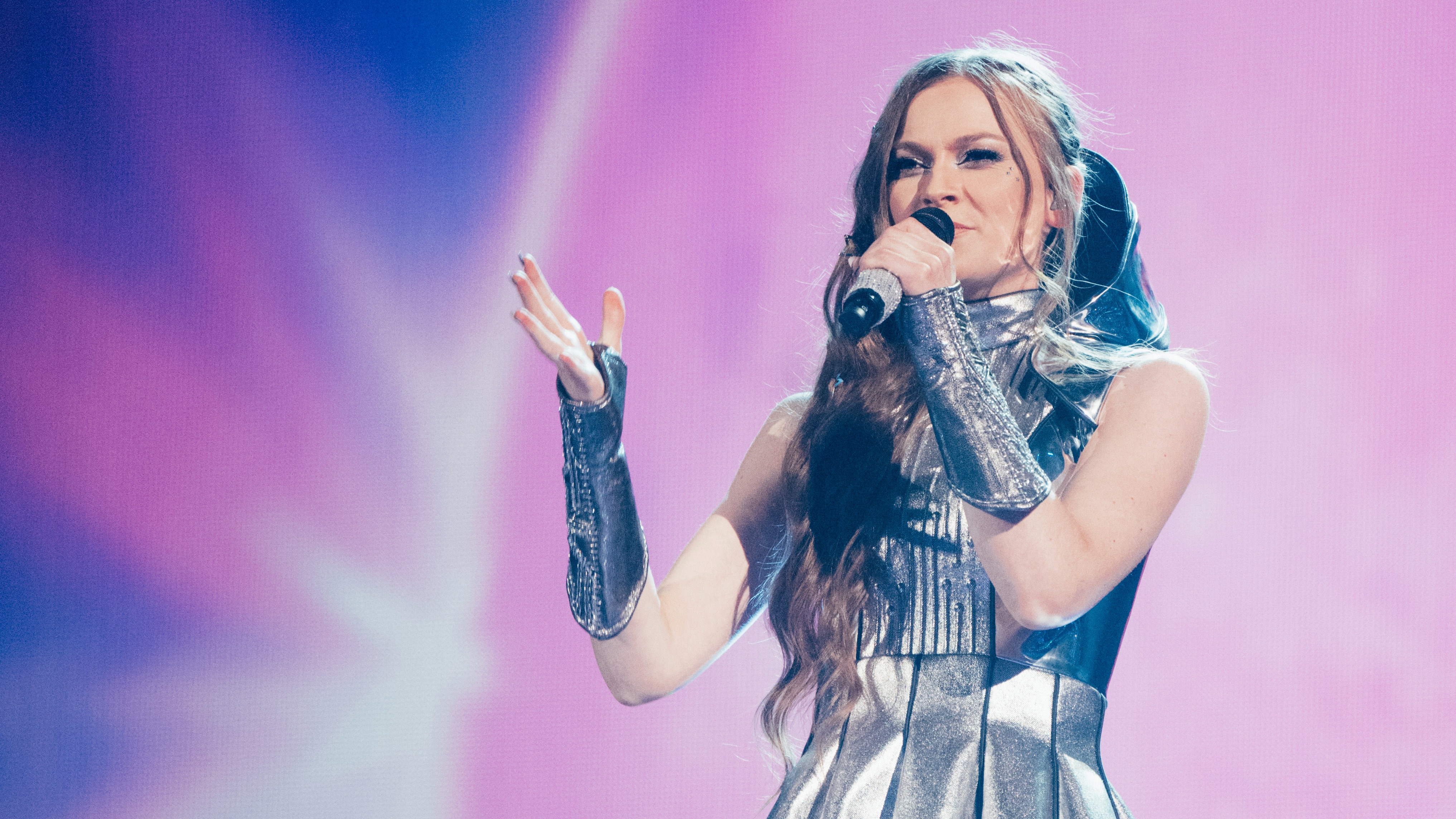The Eurovision Song Contest, well-known for its promotion of music, diversity, and international friendship, is encountering an extraordinary conflict this year. The potential departure of Ireland due to Israel’s involvement has ignited a broad discussion among enthusiasts, lawmakers, and cultural analysts. This issue highlights the increasingly intricate overlap between politics and the entertainment industry, where geopolitical disputes can affect even globally cherished cultural occasions. Although Eurovision has traditionally aimed to remain impartial and encourage harmony through music, Ireland’s statement indicates how global strains might challenge the essence of such worldwide festivities.
Political considerations in a cultural event
Ireland’s statement regarding Eurovision comes amid longstanding political tensions in the Middle East. Officials from the Irish delegation have cited ethical concerns and ongoing conflicts as reasons for reconsidering participation if Israel competes. This stance has provoked discussions across Europe about whether cultural events like Eurovision can remain insulated from political debates or whether they inevitably reflect broader international issues.
Historically, Eurovision has navigated political sensitivities cautiously, with participants and organizers attempting to focus on music rather than political statements. Nevertheless, the contest has experienced controversies before, from voting disputes to boycotts, proving that the line between cultural celebration and political expression is often blurred. Ireland’s threat adds another layer of complexity, as it raises questions about the responsibilities of nations in balancing ethical considerations with cultural engagement.
The Irish position also underscores the broader influence of public opinion and activist groups. Pressure from civil society and advocacy organizations has often shaped national decisions regarding international events, demonstrating that participation in Eurovision is about more than just showcasing musical talent—it can reflect a country’s political and moral stance.
Reactions from Israel and the international community
Israel’s participation in Eurovision has historically been a source of both excitement and tension. The country has produced multiple winners and memorable performances, yet its political situation has occasionally drawn criticism from other nations. The Irish threat to withdraw has elicited varied responses: some commentators emphasize the importance of separating politics from entertainment, while others argue that boycotts are a legitimate form of protest in response to ongoing conflicts.
European broadcasters and organizers of the Eurovision contest are currently dealing with the issue of finding a resolution. The European Broadcasting Union (EBU), responsible for the competition, has consistently supported the idea that Eurovision should be free from political influence. However, as highlighted by Ireland’s warning, ensuring impartiality can be complex, particularly when public opinions and governmental stances conflict with the event’s management choices.
The global response similarly underscores the delicate balancing act that nations must navigate between their diplomatic priorities and cultural engagements. Ireland’s position might impact other countries with equivalent issues, possibly spurring a trend of ethical evaluation or even more threats of withdrawal. On the other hand, several nations consider taking part as an opportunity to advocate for peace and conversation, supporting the concept that Eurovision can act as a connector instead of a conflict zone.
Implications for Eurovision and global perception
If Ireland decided to carry out its warning, it might have major impacts on Eurovision’s reputation and audience. The exit of a long-term participant could establish a model for upcoming political issues to influence the contest, possibly weakening its fundamental goal of bringing countries together with music. Furthermore, the public’s view of Eurovision as an entirely festive and neutral event could be questioned, changing its portrayal in the worldwide media.
Los medios de comunicación en Europa y más allá han empezado a examinar los posibles resultados, desde complicaciones logísticas hasta las reacciones del público. Los aficionados de Eurovision, que históricamente han celebrado la diversidad y creatividad del certamen, podrían encontrarse discutiendo sobre la ética geopolítica junto con la emoción habitual por las actuaciones, vestuarios y estrategias de votación. La intersección entre política y entretenimiento se está volviendo más evidente, lo que podría indicar que las futuras ediciones de Eurovision tendrán que abordar las sensibilidades políticas de manera más directa.
Moreover, the situation underscores a broader trend in cultural diplomacy, where entertainment platforms are increasingly seen as arenas for political expression and influence. While music has the power to unite, it can also amplify divisions when underlying conflicts are unresolved. Ireland’s statement highlights the delicate balance organizers and participants must navigate to ensure that the competition remains inclusive, engaging, and respectful of differing international perspectives.
The future of Eurovision in politically tense times
As tensions mount, the upcoming Eurovision Song Contest will serve as a test case for how cultural events handle political friction. The EBU and participating countries will need to consider strategies for fostering dialogue, addressing ethical concerns, and maintaining the celebration of music as a unifying force. Ireland’s potential withdrawal is a reminder that cultural diplomacy is not immune to global politics, and that organizers must remain adaptable in the face of complex geopolitical realities.
The controversy illustrates that Eurovision, while ostensibly a celebration of music and creativity, functions within a broader social and political context. The decisions of individual countries—whether to participate, protest, or withdraw—reflect both domestic values and international perceptions. How Ireland, Israel, and the broader European community navigate this situation could influence future contests and the way audiences perceive the relationship between music and politics on a global scale.
The possibility of Ireland pulling out of Eurovision due to Israel’s involvement goes beyond being just news—it emphasizes the changing nature of global cultural gatherings in an increasingly politicized environment. This situation reveals that music contests are now intertwined with worldwide issues, highlighting the persistent struggle to uphold impartiality, inclusivity, and cultural participation amid geopolitical strife. Eurovision’s capacity to evolve and stay a symbol of solidarity will be challenged, providing valuable perspectives on the future of international entertainment and collaboration through music.

